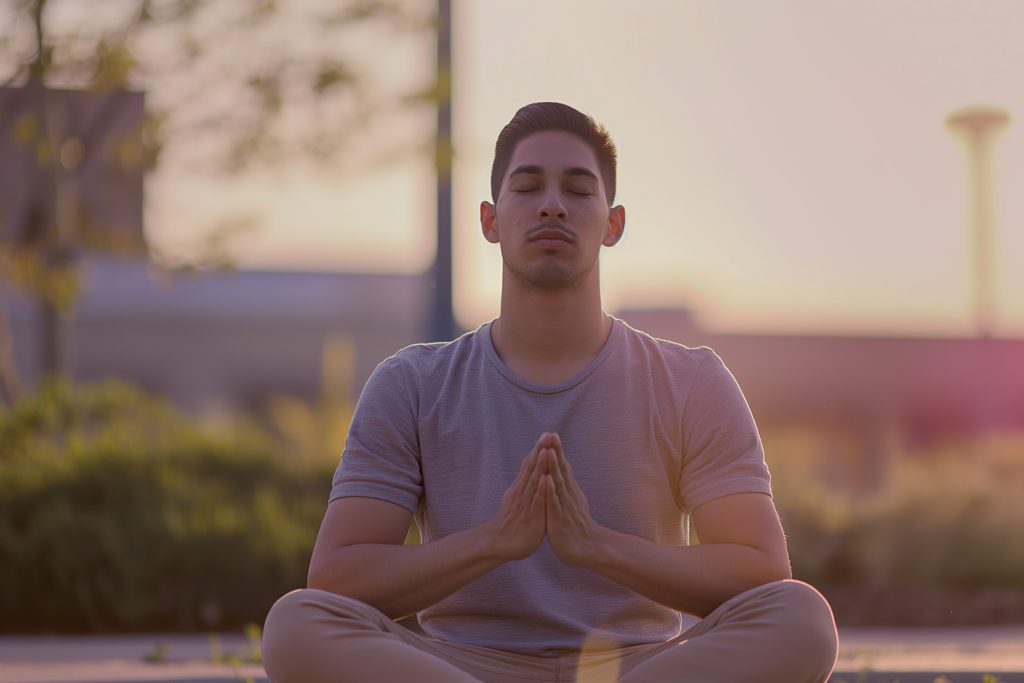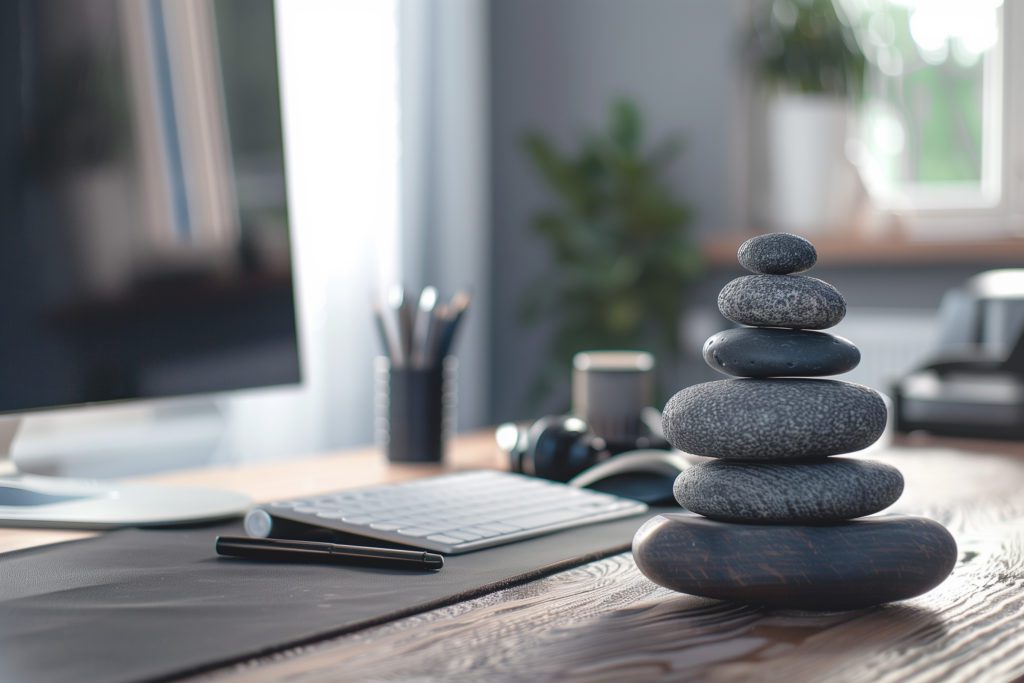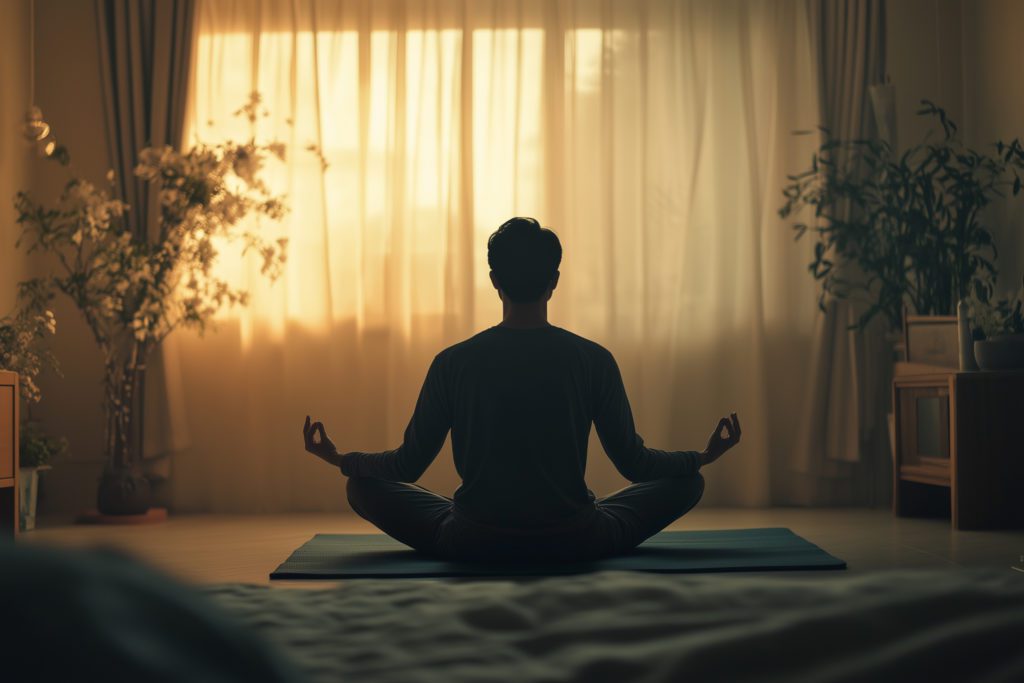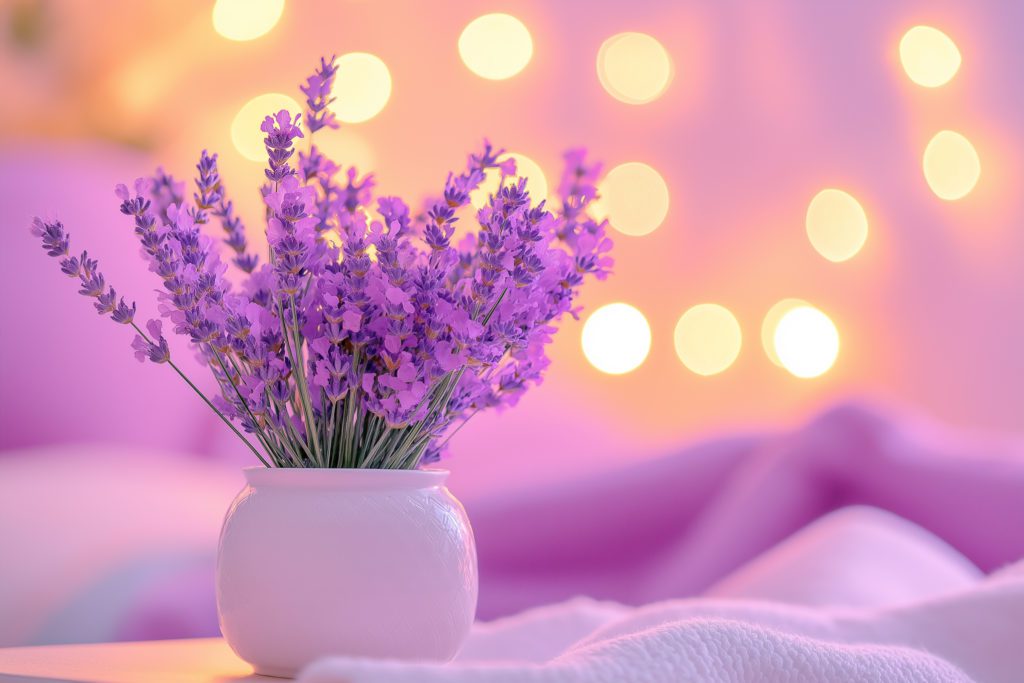
Alternative Therapies for Sleep Disorders: Exploring Natural Remedies and Complementary Approaches
Alternative therapies for sleep disorders can give traditional treatment a boost. Explore different natural remedies and the disorders they may help.

When it comes to treating sleep disorders, a varied approach that combines both conventional and alternative treatments may be needed to see the greatest success. Conventional treatments are those that are prescribed by a doctor, such as sleep medication, while alternative therapies step outside this traditional treatment methodology. In many cases, alternative therapies can treat the root of your sleep disorder, halting it from the very initiation of its challenges.
Often, a combination of both conventional and alternative therapies can be the most successful for treating sleep disorders, but some people may respond better to natural remedies rather than traditional treatments, or vice versa. Furthermore, some people may find that one type of alternative therapy is a better fit than another, depending on their sleep disorder or ongoing conventional treatments.
Exploring Alternative Therapies for Sleep Disorders
Whether you’re interested in something that you can practice on your own or with the help of a specialist, there are a wide variety of alternative therapies aimed at improving sleep.
Herbs
Many herbs have sleep-promoting properties. For instance, ashwagandha contains triethylene glycol, which is a compound that can affect your REM sleep, allowing you to sleep better. These effects can be especially helpful for those with insomnia. Chamomile, as well, has been shown to help people fall asleep faster and sleep more soundly, and valerian has a long history of use in the treatment of insomnia.
One of the greatest benefits offered by herbs, besides the sleep-improving qualities they possess, is how easy they are to use. Many herbs can be found in a pharmacy or grocery store, whether in a supplement form or as a tea.
A note of caution, though: while many herbs are safe to take for your sleep, some may interact with medications that you take, so it’s always best to discuss starting an herb with your doctor first. Also, children, pregnant women, and those with liver problems may need to avoid certain herbs—check with your doctor to ensure you remain safe.
Lifestyle Modifications
One of the most common complementary approaches for sleep disorder treatment is lifestyle modifications, which can be personalized to the sleep disorder. For instance, those with sleep apnea may avoid aggravating factors, such as sedatives, alcohol, and muscle relaxants before bed. Initiating a weight loss program can also help to improve sleep apnea symptoms.
Acupuncture And Acupressure
A staple of Chinese medicine, acupuncture consists of inserting fine needles into specific areas of the skin, affecting how the body functions. Acupressure is similar, with pressure applied to these areas instead.
A review of the literature regarding the benefits of acupressure for insomnia found that four acupressure studies revealed positive improvements in sleep quality. As for acupuncture, studies have found that it was as effective as one type of medication (clonazepam) and more effective than another type of medication (estazolam).
Sleep Hypnosis
Sleep hypnosis is a form of hypnotherapy completed by a licensed professional who guides you through the trance-like state of sleep hypnosis to suggest sleep-related changes, such as falling asleep faster, reducing sleep anxiety, or having better sleep hygiene. These effects make it a possible treatment for those with insomnia, parasomnias, or anxiety disorders.
Light Exposure
Light exposure, also known as phototherapy, refers to the strategic exposure to bright light, brighter than usual indoor light but not brighter than direct sunlight. It is especially helpful for those with circadian rhythm sleep disorders since light exposure affects brain chemicals responsible for regulating your circadian rhythm.
Mind-Body Practices
Mind-body practices such as yoga and tai chi are common forms of alternative therapy, with both showing improvements in sleep quality.
Melatonin
Melatonin is the sleepiness hormone naturally produced by the body in preparation for sleep. However, those with circadian phase disorders may not produce enough melatonin in line with their bedtime, making sleep difficult.
Melatonin is available as a supplement, and research has shown that it can be effective in treating circadian phase disorders that affect sleep. Essentially, melatonin helps to get the circadian rhythm back on track, which then reintroduces regularity to the sleep-wake cycle.
The Benefit of Trying Alternative Therapies
While each case is different, the reasons for trying alternative therapies are often the same. They may include a desire to step away from medication that produces unpleasant side effects, or they may be used when the available conventional treatments are ineffective or nonexistent. Sometimes, alternative therapies are preferred simply because they are easier to adhere to.
Alternative therapies often offer hope when treatment otherwise fails. One study on the use of alternative therapies in those with narcolepsy found that 54% of the users described alternative therapies, in whatever format they used, as being helpful. Of the individuals who did not see success, it’s possible that trying a different alternative therapy would have provided the result they were looking for.
Personalize Your Sleep Disorder Treatment
The basis of treatment for all medical conditions, including sleep disorders, is shifting from a “one treatment fits all” approach to one that is more focused on individualizing treatment to each patient. In this way, alternative therapies are becoming more popular due to their ability to meet the pitfalls of conventional treatment, improving results for all.
With alternative therapies able to be guided by others or self-initiated, there are different options available. Many show success with insomnia, but other sleep disorders such as circadian rhythm phase disorder, narcolepsy, and sleep apnea have experienced the benefits of various types of alternative therapies.
Ultimately, alternative therapy offers a treatment solution that seeks to solve the root of your sleep disorder. Whether you’re looking to finally find relief from your sleep disorder or are looking for a treatment that doesn’t produce unpleasant side effects, alternative therapies for sleep disorders may be worth discussing with your doctor.

Written by
Jessica G
Medical writer freelancer who has written hundreds of articles on varying topics. Masters of Engineering degree in Biomedical Engineering.
Download Pillow
Get help
Press & News
Legal
Connect
X (Twitter)
Company
Copyright © Neybox Digital Ltd.



